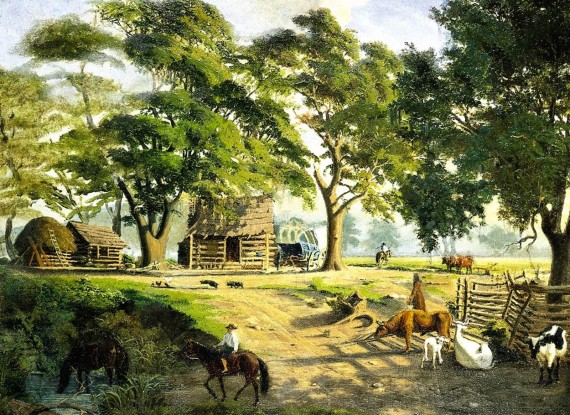
What is a HISTORICAL NOVEL?
A historical novel is a story with a particular period of history as its setting which strives to convey the spirit, manners, and social conditions of that past age with realistic detail and fidelity (though sometimes only provides apparent fidelity) to historical fact.
Historical novels capture the details of the time period depicted as accurately as possible for authenticity, including social norms, manners, customs, and traditions. In my estimation, a historical novel should offer a plausible, credible, and believable narrative, though created by the author, befitting the historical characters, settings, and events portrayed in the story. Through intensive, diligent research, the author’s interwoven narrative should not only engage but also edify and expound the historical past reflected in the story.
Why Write a HISTORICAL NOVEL?
Well-researched and written historical novels offer an “awareness that the events of our past impact contemporary events.” Historical narratives invite insight into the mind of a member of a past society and induce empathy through a written portal linking them and the reading audience; bringing an understanding of the past into the mind of the present reader.
Dividing Historical Fiction and Historical Novels
Of course novels are works of fiction—they certainly are not non-fiction—but two aspects are really important:
Creating an authentic picture of the period, based on intensive research and present as close a reflection of the real persons, places, and events, as is possible, given the historical evidence available.
I propose to include this Author’s Note in my historical novel: This book is a work of fiction, and although based on extensive research, the historical characters, places, and events depicted in this narrative are based upon my interpretation. I pray I have done justice in portraying past people, places, and events in writing this historical novel.
It is that final sentence where one discovers my moral obligation to historical characters, places, and events, however long ago, where any division of opinion may emerge. The essential nature of good research underpins all my writing, whether true fiction or intertwined in history, and I do so because the needs of crafting a worthwhile story are paramount and trump the evidence.
I have no problem tweaking minor points of history if the story demands it; but I attempt to never disparage a historical character without proper evidence. And this was the crux of the debate between Historical Fiction and Historical Novels. One author mayo make their main (historical) character have an affair because they felt it added to the impact of the story, despite the lack of any evidence. Thus, this is historical fiction, i.e. historical fantasy or historical romance or alternative historical fiction.
Writing historical novels comes with a responsibility to living descendants of the characters in the historical narrative, whether realistic or otherwise depicted. Likewise, like it or not, many people learn their history from fiction. Therefore, as well as a moral responsibility to the characters in our stories, authors are obliged not to mislead their readers. Of course, authors of other forms of historical fiction feel misinterpretation of history remains the reader’s personal responsibility.
The distinction between an ‘historical novel’, in which the author seeks to remain true to the history that underpins it, and ‘historical fiction’ in which, while the background is of importance, the story is king, may not always be distinctly black and white. But I, for one, will always attempt to write stories anchored in history, reflecting as near as possible the true nature and accuracy of our past.

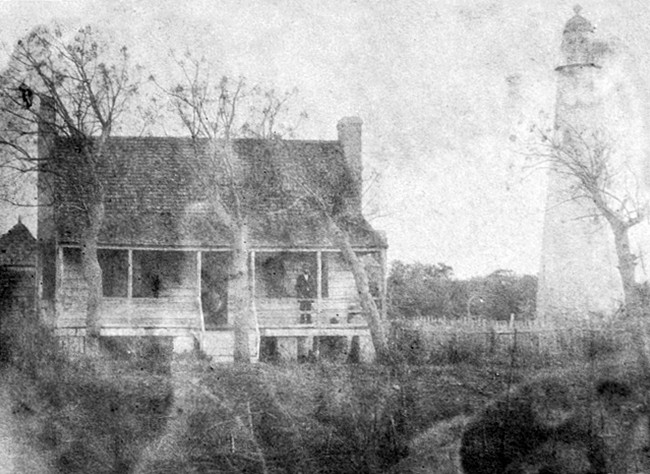


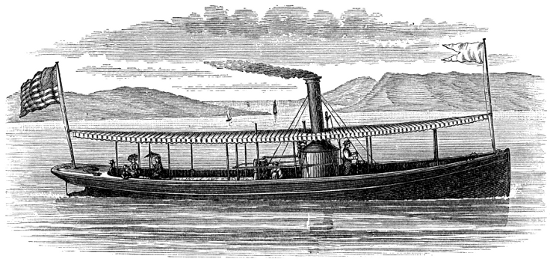
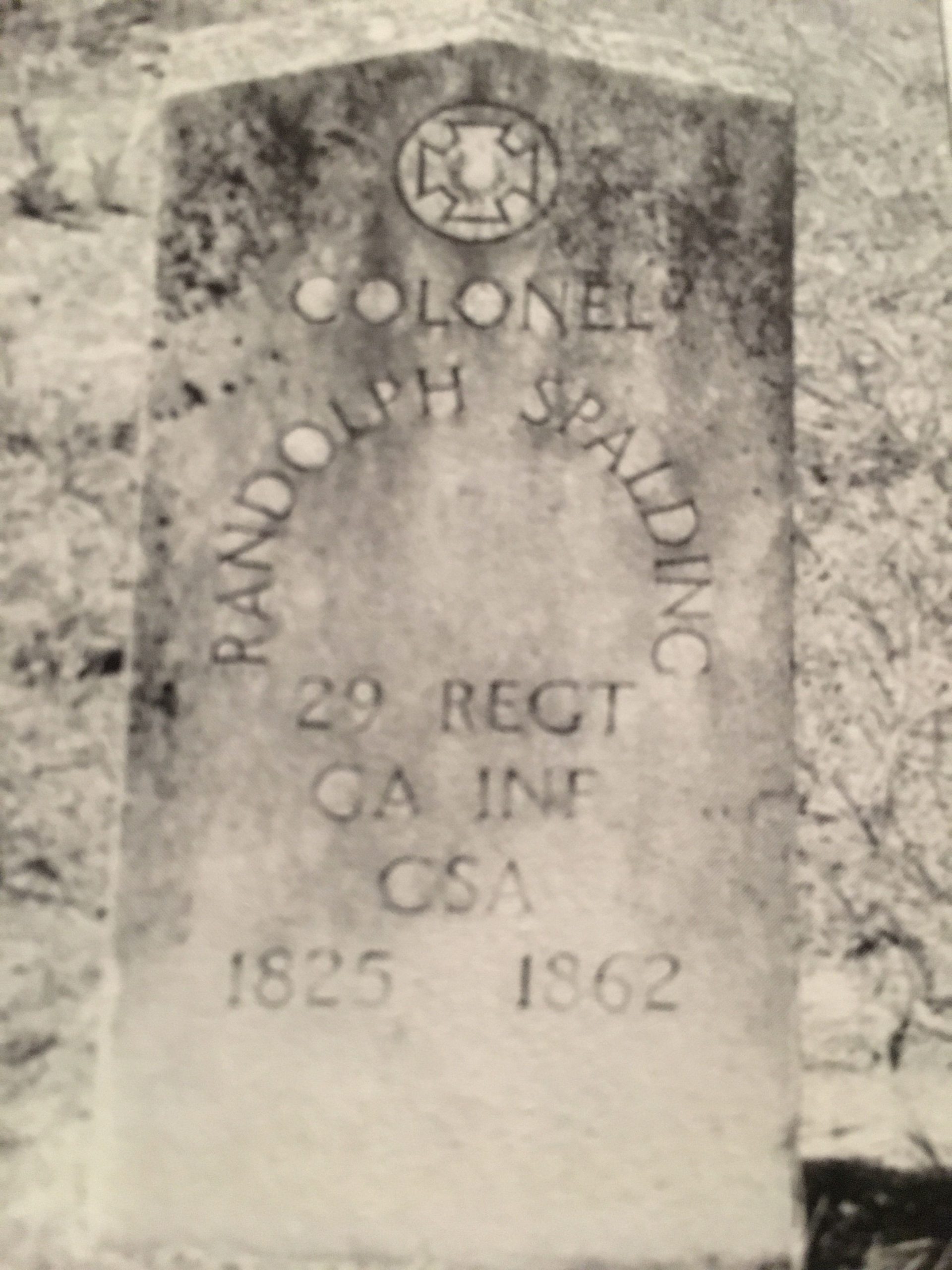
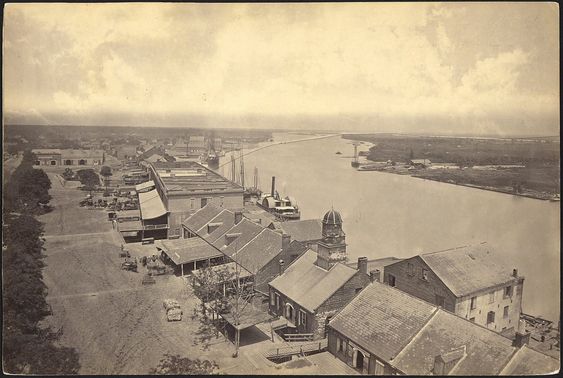
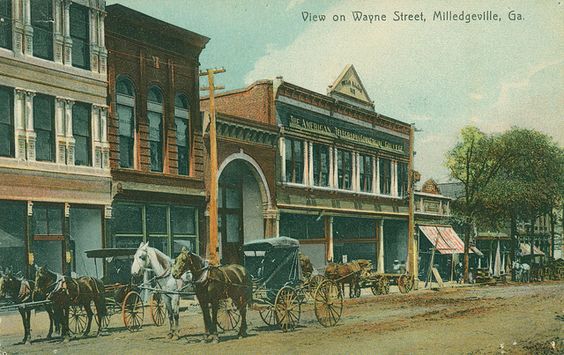
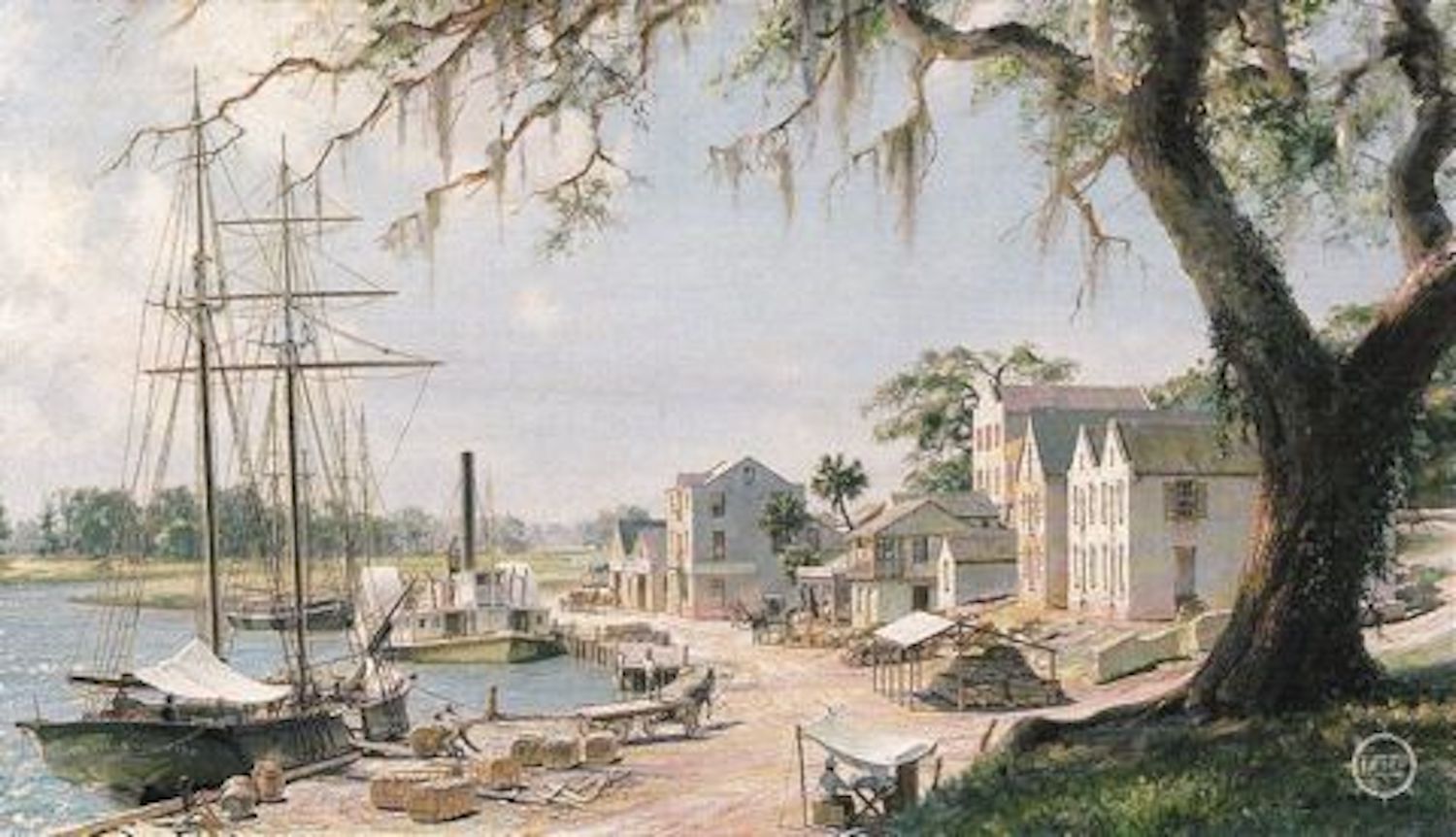
My working title for the historical novel about Randolph Spalding is “The Last Laird of Sapelo” but someone proposed “The Days of Cotton and Cannons” to reflect the story’s timeline and the conflict Randolph Spalding faces in the story.
When will it be published? Stay tuned, subscribe to receive my newsletters. I am praying for a 2023 book launch, but this story will make its debut at the right time, and not before. Thanks for connecting. T. M. Brown
